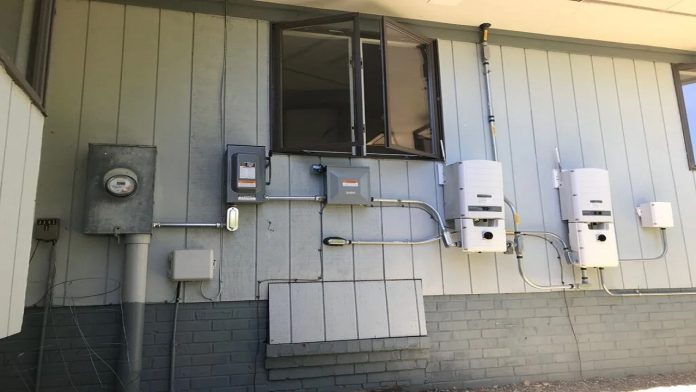In an era heavily reliant on technology and interconnected systems, power outages can disrupt daily life, impacting everything from communication to essential services. As we navigate an increasingly unpredictable climate and face the challenges of an aging power infrastructure, the importance of energy storage in bolstering resilience during power outages becomes evident. This article explores the significance of energy storage solutions, with a particular focus on household energy storage, in ensuring a reliable and resilient power supply.
The Growing Threat of Power Outages
Power outages can result from a myriad of factors, including severe weather events, grid failures, and unforeseen disasters. These disruptions not only inconvenience individuals but also pose significant risks to public safety and the economy. As communities strive to adapt to a changing climate and minimize the impact of power interruptions, the role of energy storage emerges as a critical component in building resilience.
Understanding Energy Storage
Energy storage involves capturing and storing excess energy during times of abundance, which can then be released during periods of high demand or power outages. This process enables a more reliable and efficient energy supply, reducing dependency on continuous grid connectivity. While utility-scale energy storage solutions are essential for stabilizing the overall power grid, household energy storage has gained prominence for its ability to empower individuals and communities in the face of localized outages.
Household Energy Storage Solutions
Household energy storage solutions, such as residential battery systems, provide homeowners with the ability to store excess energy generated from renewable sources like solar panels. These batteries act as a backup power source during outages, ensuring that critical appliances and systems remain operational. With advancements in technology, these systems have become more affordable, compact, and user-friendly, making them an accessible option for a broader range of households.
Benefits of Household Energy Storage
The deployment of household energy storage offers several advantages during power outages. First and foremost, it provides an uninterrupted power supply to essential appliances, such as refrigerators, medical equipment, and communication devices, ensuring the well-being and safety of residents. Additionally, by reducing reliance on the grid during peak demand, these systems contribute to overall grid stability and resilience. Moreover, household energy storage can be integrated with smart home technologies, allowing for seamless energy management. Users can monitor and control their energy consumption, optimizing the use of stored energy and further contributing to energy efficiency.
The Future of Resilient Energy
As technology continues to advance and the demand for sustainable energy solutions grows, the integration of energy storage in households is expected to become more widespread. Authorities and utilities are recognizing the potential of decentralized energy storage systems in enhancing overall grid resilience. Incentives and subsidies for residential energy storage installations are being implemented to encourage broader adoption and build a more resilient energy infrastructure.
Conclusion
In conclusion, energy storage plays a pivotal role in fortifying resilience against power outages. While large-scale energy storage projects are crucial for stabilizing the grid, household energy storage solutions empower individuals and communities to become more self-reliant during localized disruptions. As we strive for a future marked by sustainability and adaptability, the integration of energy storage technologies, particularly at the household level, stands as a key step toward achieving a more resilient and robust energy landscape.



